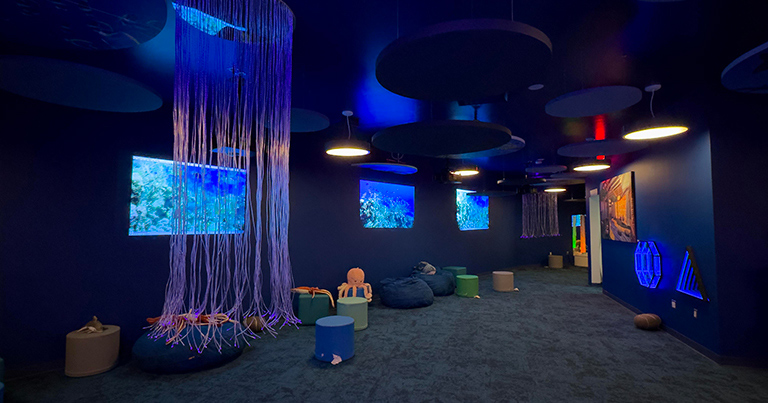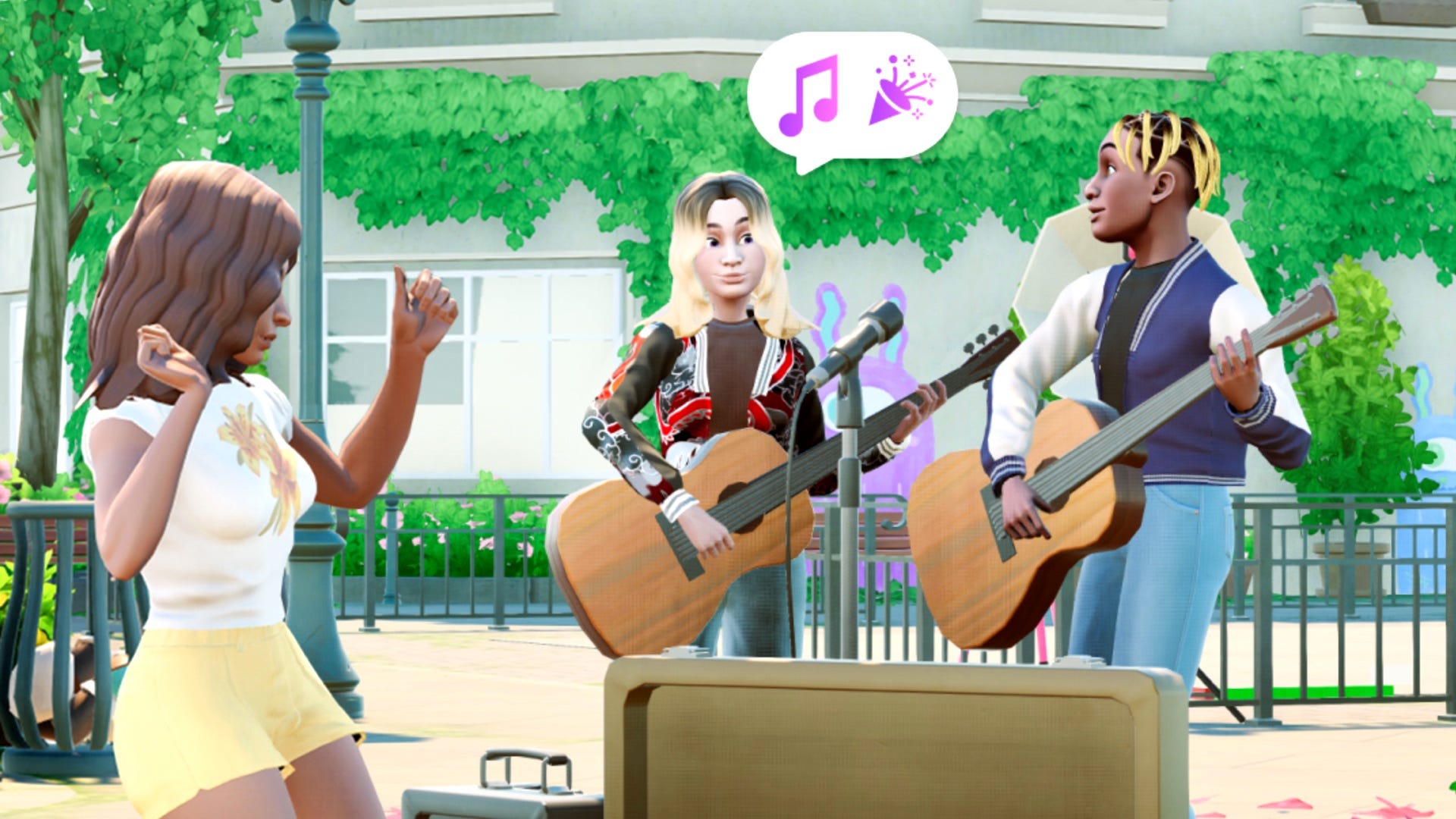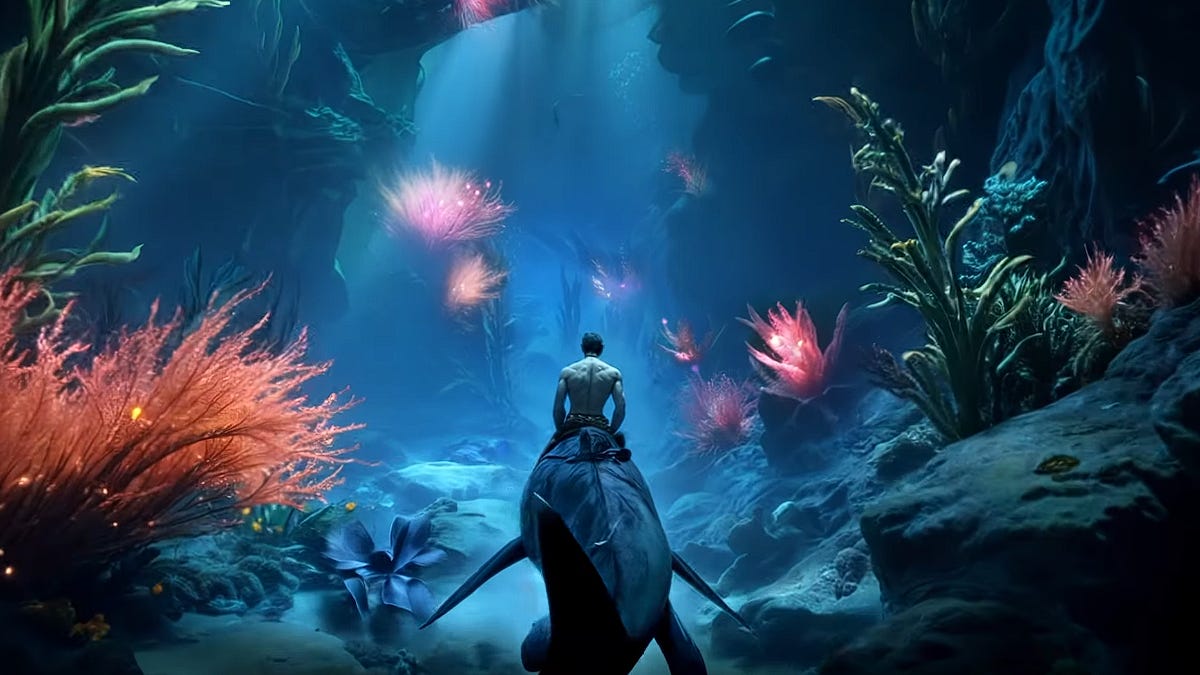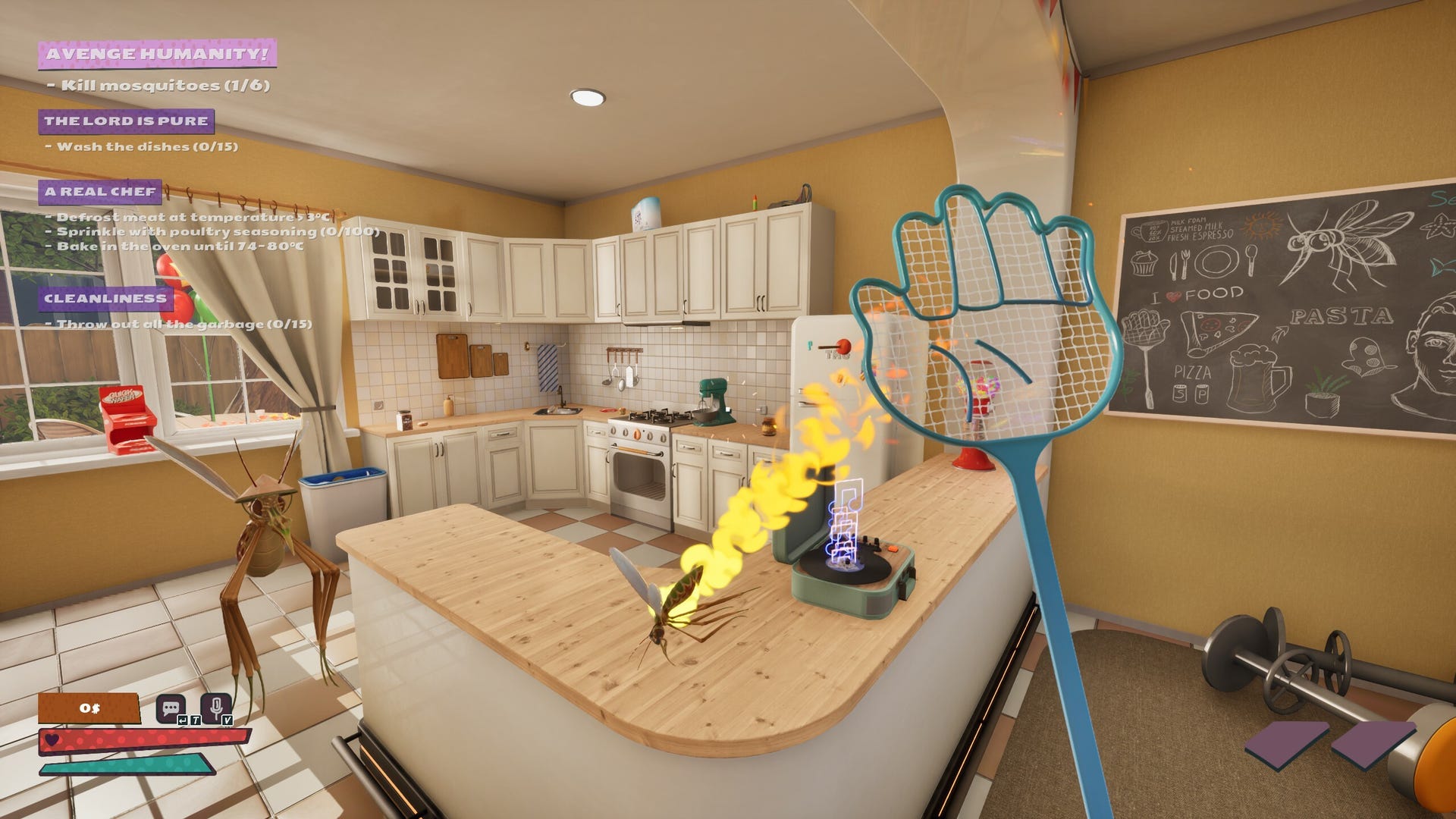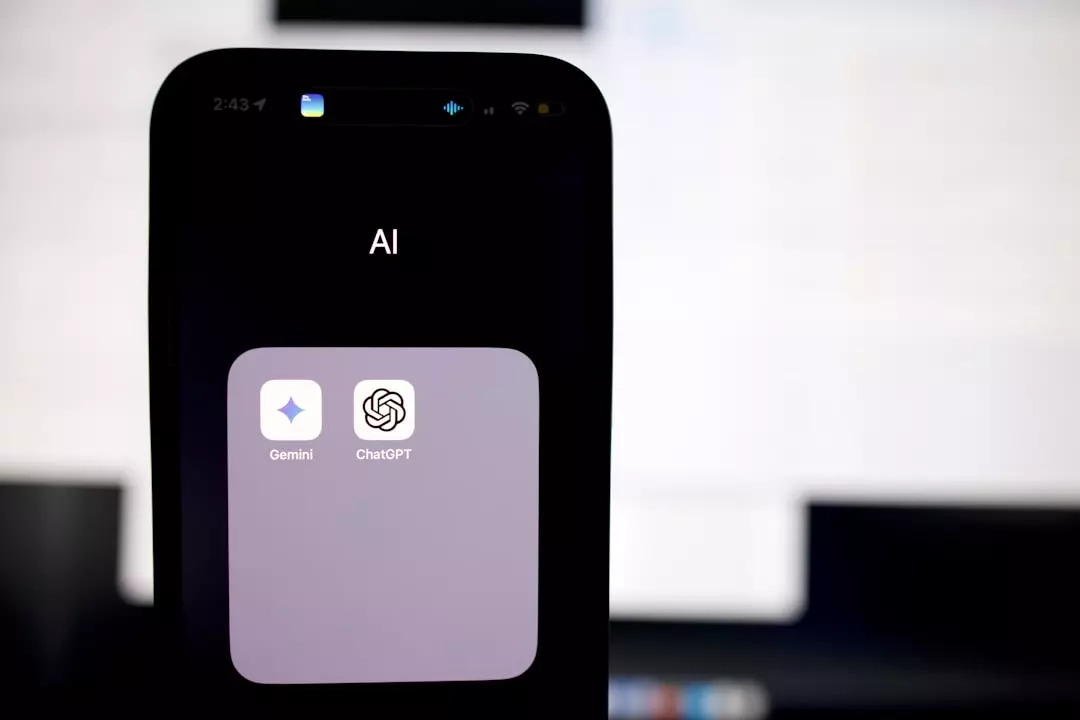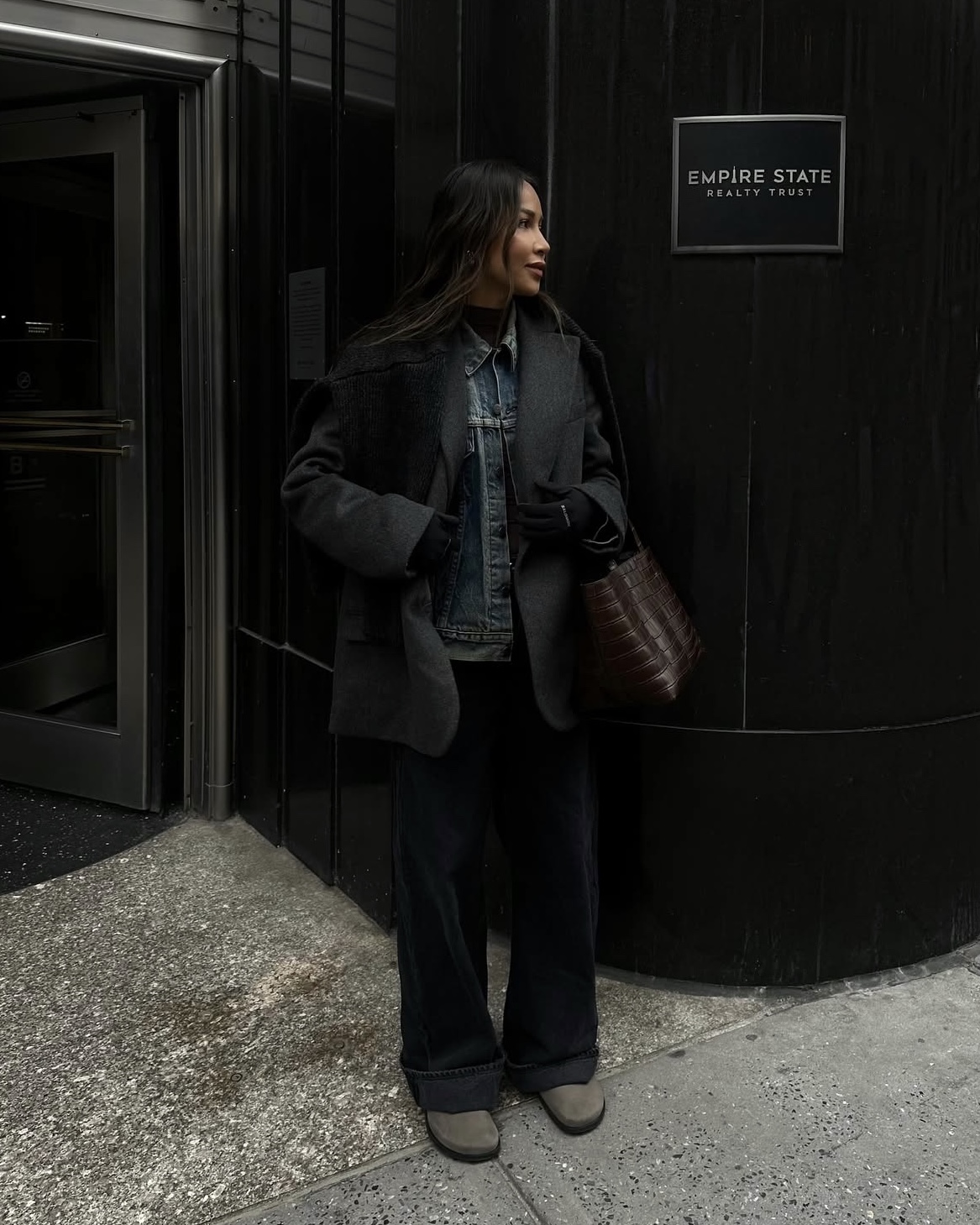Netflix to make ‘Adolescence’ available to all UK secondary schools
Prime Minister Keir Starmer also welcomed the move The post Netflix to make ‘Adolescence’ available to all UK secondary schools appeared first on NME.


Netflix has announced that it is going to make hit drama Adolescence available to view for free in all UK secondary schools.
Since its release on March 13, the drama about a father dealing with the fallout of his son being suspected of murder has prompted a wider discussion about toxic masculinity in the UK.
Series star Stephen Graham produced the show alongside Hannah Walters, his wife and regular co-star in projects such as Boiling Point, A Thousand Blows, and This Is England.
Now, Netflix has said that the show will be available to watch for free in schools. On social media in a statement, they wrote: “From today we are making Adolescence available to all secondary schools across the UK through Into Film+.
“Additionally, healthy relationships charity Tender will produce guides and resources for teachers, parents and carers to help navigate conversations around the series.”
It comes as Prime Minister Keir Starmer also told makers of the show today (March 31) that it was “really hard to watch” with his own teenage children as he hosted a meeting at Downing Street to discuss the influence of online toxic material.
Starmer said the show acted as “a torch that shines intensely brightly on a combination of issues that many people don’t know how to respond to” and welcomed the move by Netflix to make the series available for free in schools.
Speaking about the show to BBC political editor Chris Mason, Starmer said he’d been “watching with our children – my boy is 16, my girl is 14 – and I have to say, I found it really hard” and added: “in a sense, what happens in the drama could really happen anywhere, and almost happen to any child”.
He went on to say that it shone a light “on misogyny, on online content, and this sense of children, particularly boys, getting drawn in to this world”, he said. When discussing how to tackle the issue, he said that “there isn’t an obvious policy response which will answer all of these questions.”
He continued: “It’s much broader than that. It’s a cultural issue, and therefore we’re going to have to look more broadly, work as a society on this, and discuss it, which is why I’m really pleased that Adolescence is now going to be shown in schools free because I do think young people should be watching it.”
As a father, watching Adolescence with my teenage son and daughter hit home hard.
We all need to be having these conversations more.
I've backed Netflix's plan to show the series for free in schools across the country, so as many young people as possible can see it.
— Keir Starmer (@Keir_Starmer) March 31, 2025
NEW: From today we are making Adolescence available to all secondary schools across the UK through Into Film+.
Additionally, healthy relationships charity Tender will produce guides and resources for teachers, parents and carers to help navigate conversations around the series.
— Netflix UK & Ireland (@NetflixUK) March 31, 2025
Starmer also met with the writer of the show, Jack Thorne, who recently said that children should be refused access to social media, as well as phones in school, in order to tackle ongoing problems in society.
Addressing the subject of social media’s influence with BBC News earlier this month, writer Thorne suggested a social media blackout for youngsters.
“We do believe perhaps the answer to this is in parliament and legislating – and taking kids away from their phones in school and taking kids away from social media altogether” he said. He also remarked that researching examples of toxic masculinity online was disturbing.
“(The ideas were) incredibly troubling to me because it’s a logic that I know some people would have been incredibly drawn to, including me when I was a kid” he explained. “If I’m 13 and I feel alone and isolated and unattractive… these things then sound like the answer to my pain”.

Starmer went on to say that in terms of banning phones in schools, it was “not, to my mind, the central issue”, pointing out that 97 per cent of schools had already banned them.
Starmer added: “If we’re going to get to grips with this, I personally would much rather we focus on what I think is the real issue, which is, whether you’re at school or elsewhere, what are you actually accessing? Because that, for me, is the critical issue. And whether it’s at school or elsewhere, there’s material that clearly shouldn’t be accessed.”
Speaking after meeting Starmer today, Thorne said it was a “brilliant meeting”, adding: “the brilliant thing was that it wasn’t about us…It was about facilitating conversations with charities and youth groups who really understand what’s going on, and I hope a solution can be found to this problem.”
He went on to say the success of Adolescence has helped these charities and groups get “the opportunity to have conversations that they haven’t had before and that they should have had, and that might lead to a policy change and things being made better for our young people” (via BBC).
Starmer also said the Online Safety Act expects platforms to adopt “age assurance technologies” to prevent children from seeing harmful content. He added that “we should go back and revisit whether there’s further work that we need to do to protect young people” in relation to the act.
In a four-star review of Adolescence, NME wrote: “Its unflinching commitment to the darkest corners of the story will remain with you long after the credits have rolled. These four episodes alone won’t stop the encroachment of the so-called ‘manosphere’ on regular boys’ lives but it has the power to start some much-needed conversations.”
The post Netflix to make ‘Adolescence’ available to all UK secondary schools appeared first on NME.


![‘F1,’ ‘Weapons’ & Leonardo DiCaprio Give Warner Bros Some Life [CinemaCon]](https://cdn.theplaylist.net/wp-content/uploads/2025/04/01234706/HallTaylorDiCaprioCinemaConStage.jpg)
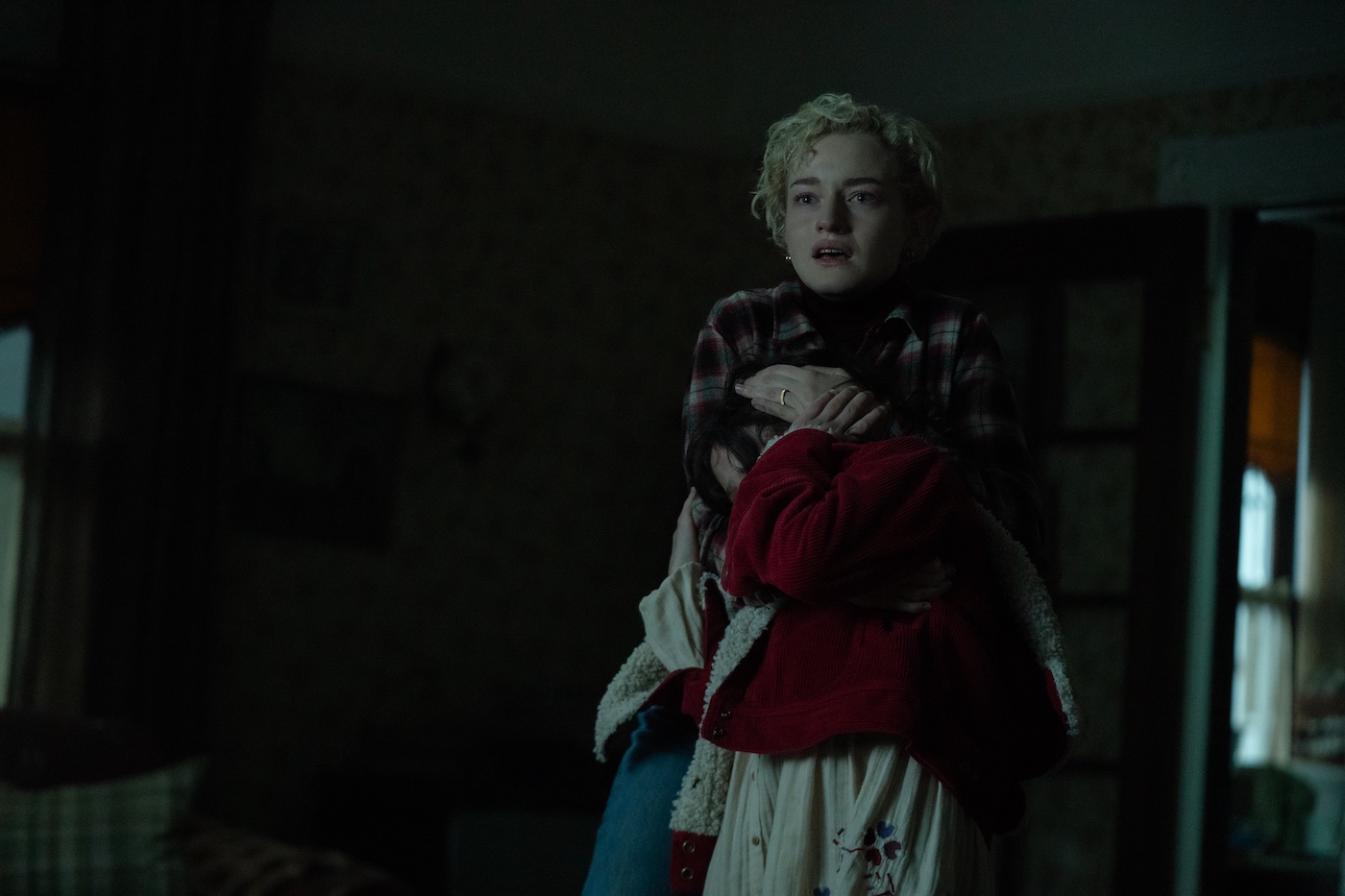
![The Depressing Relevance of ‘The Stepford Wives’ [Horror Queers Podcast]](https://bloody-disgusting.com/wp-content/uploads/2025/04/Stepford-Wives.jpg)
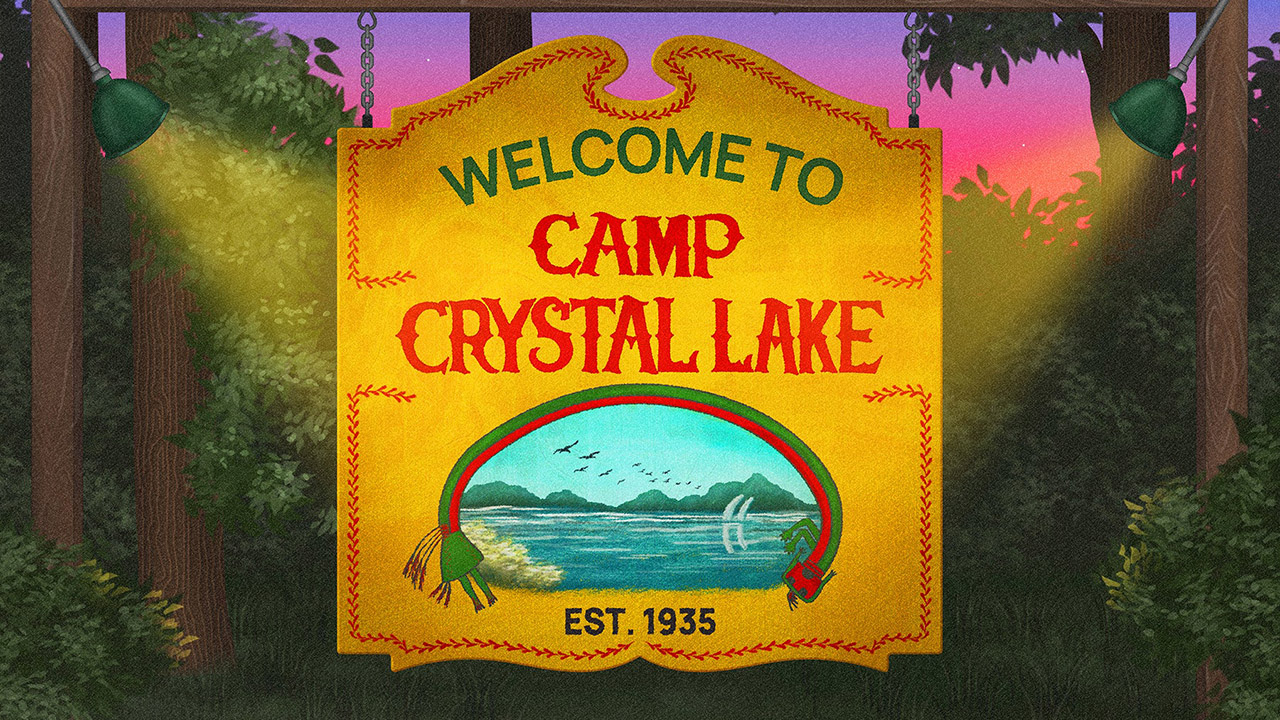
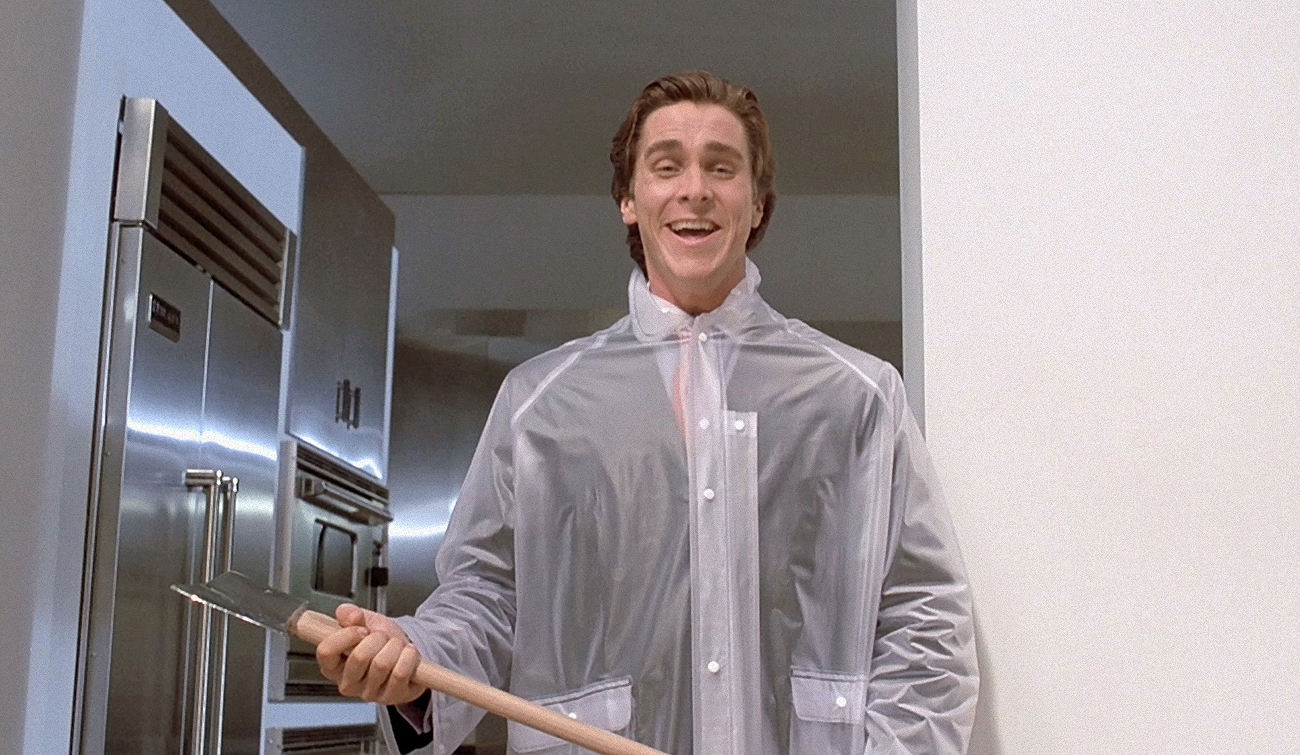












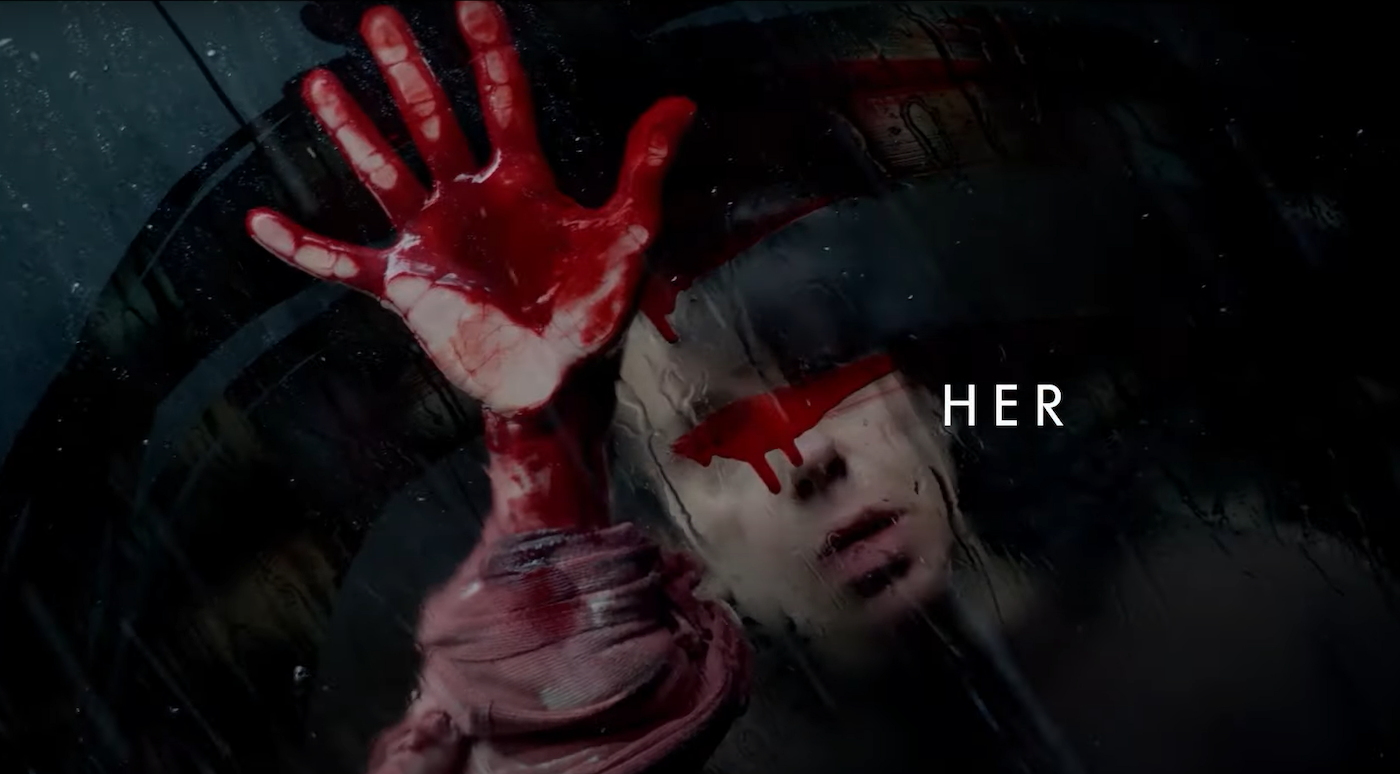








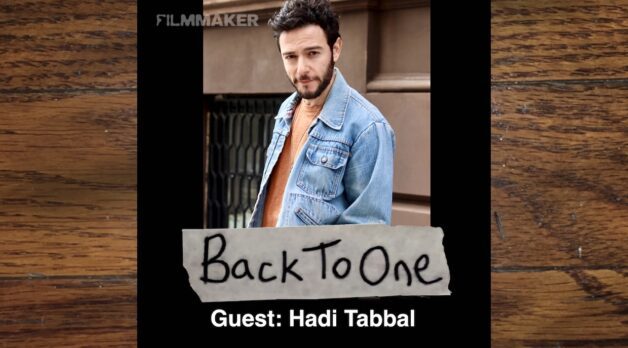
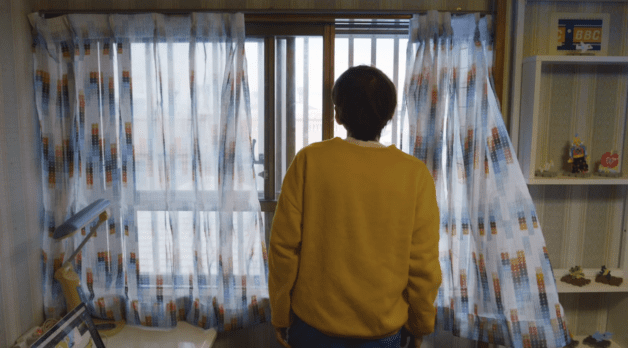
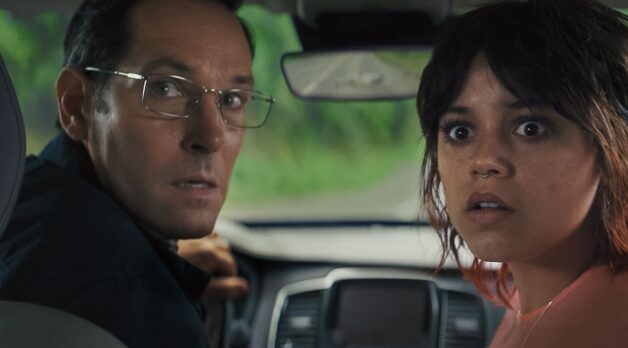






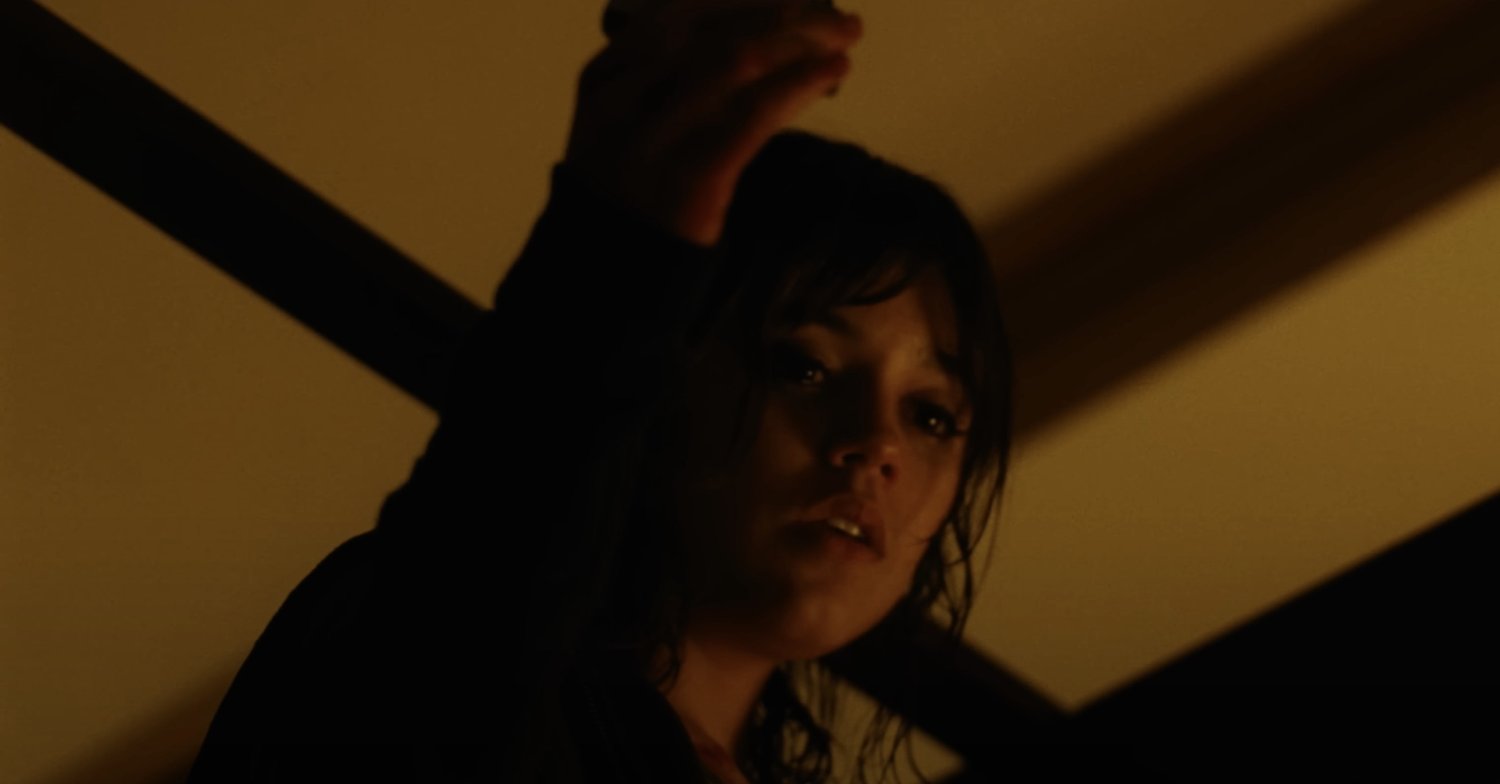












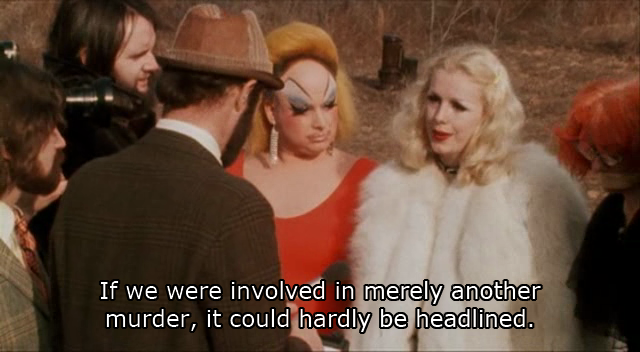



























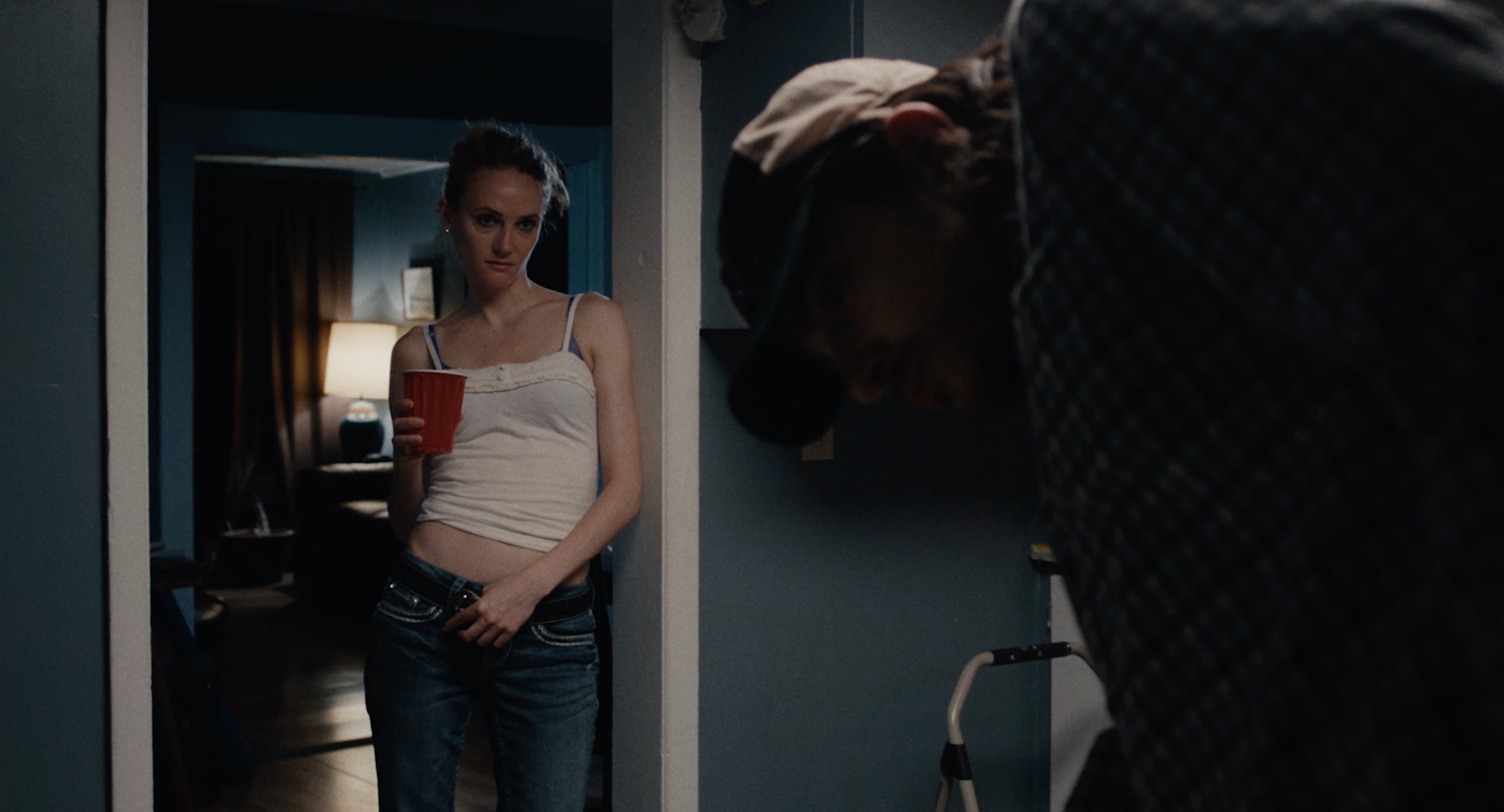

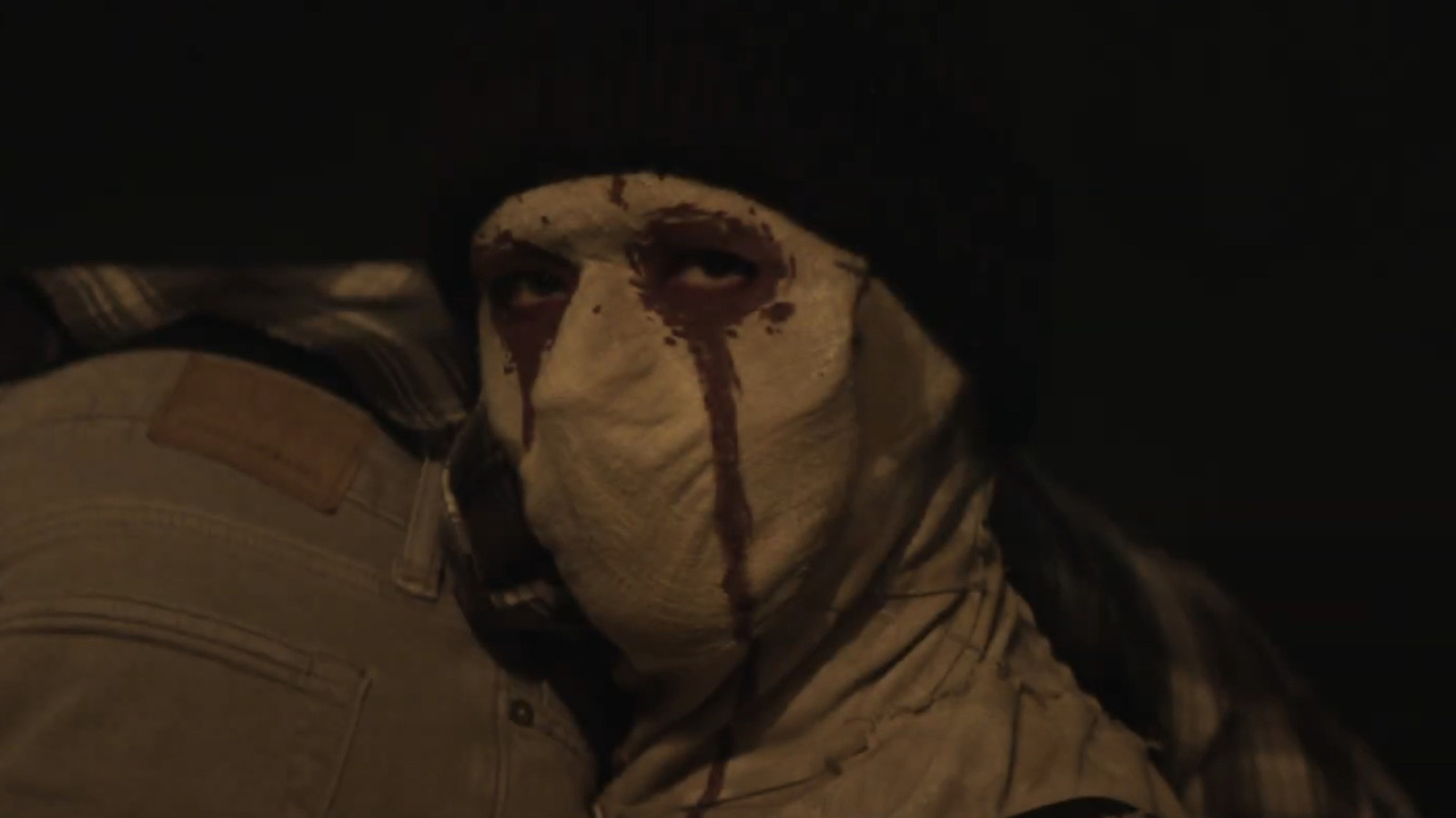






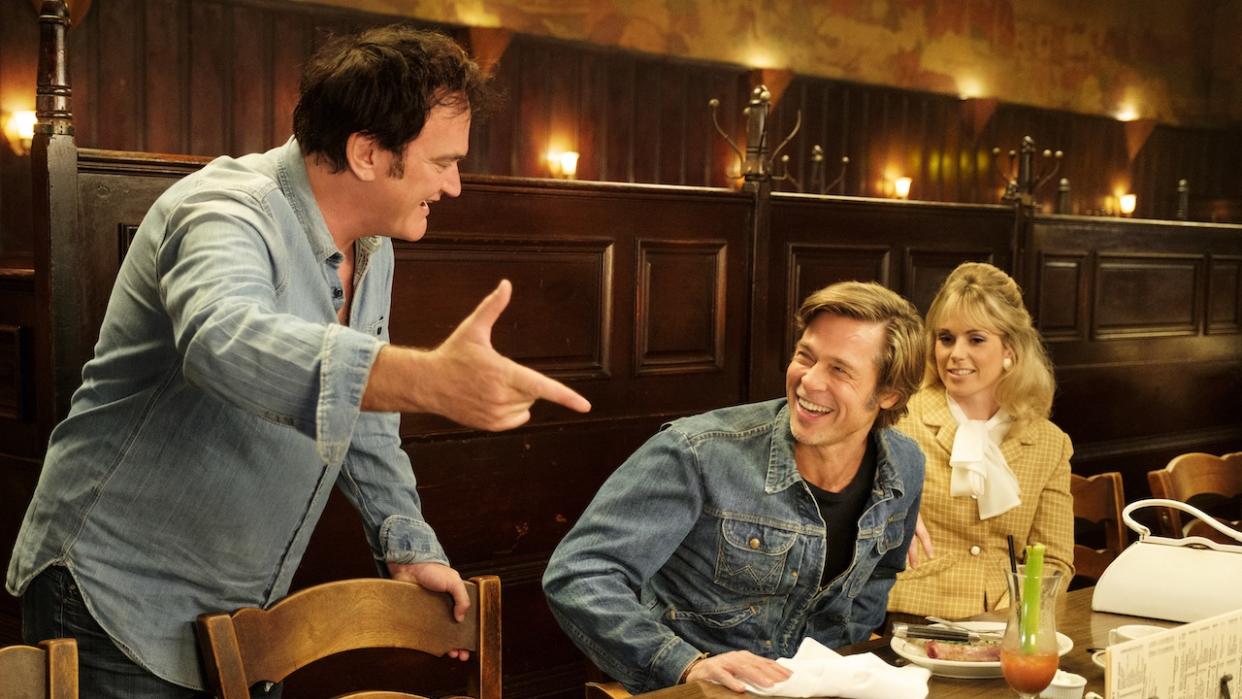
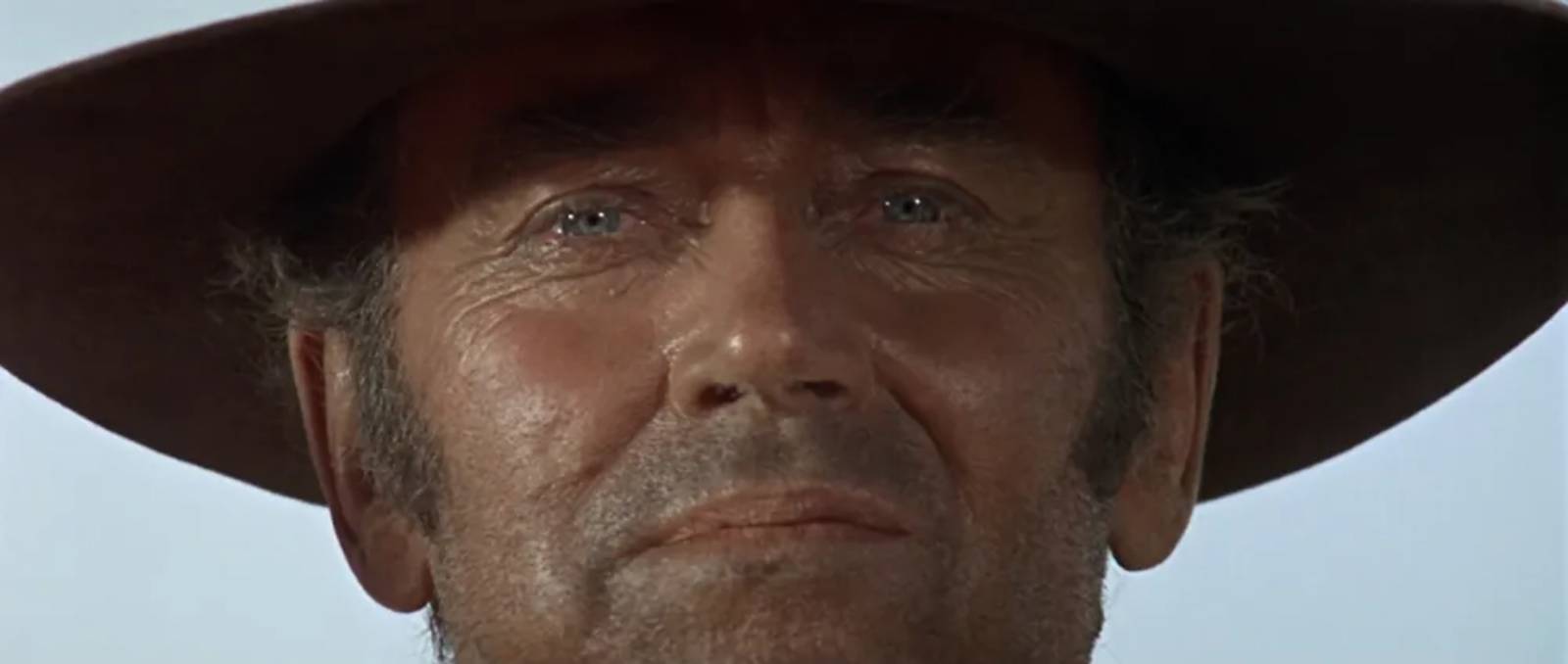

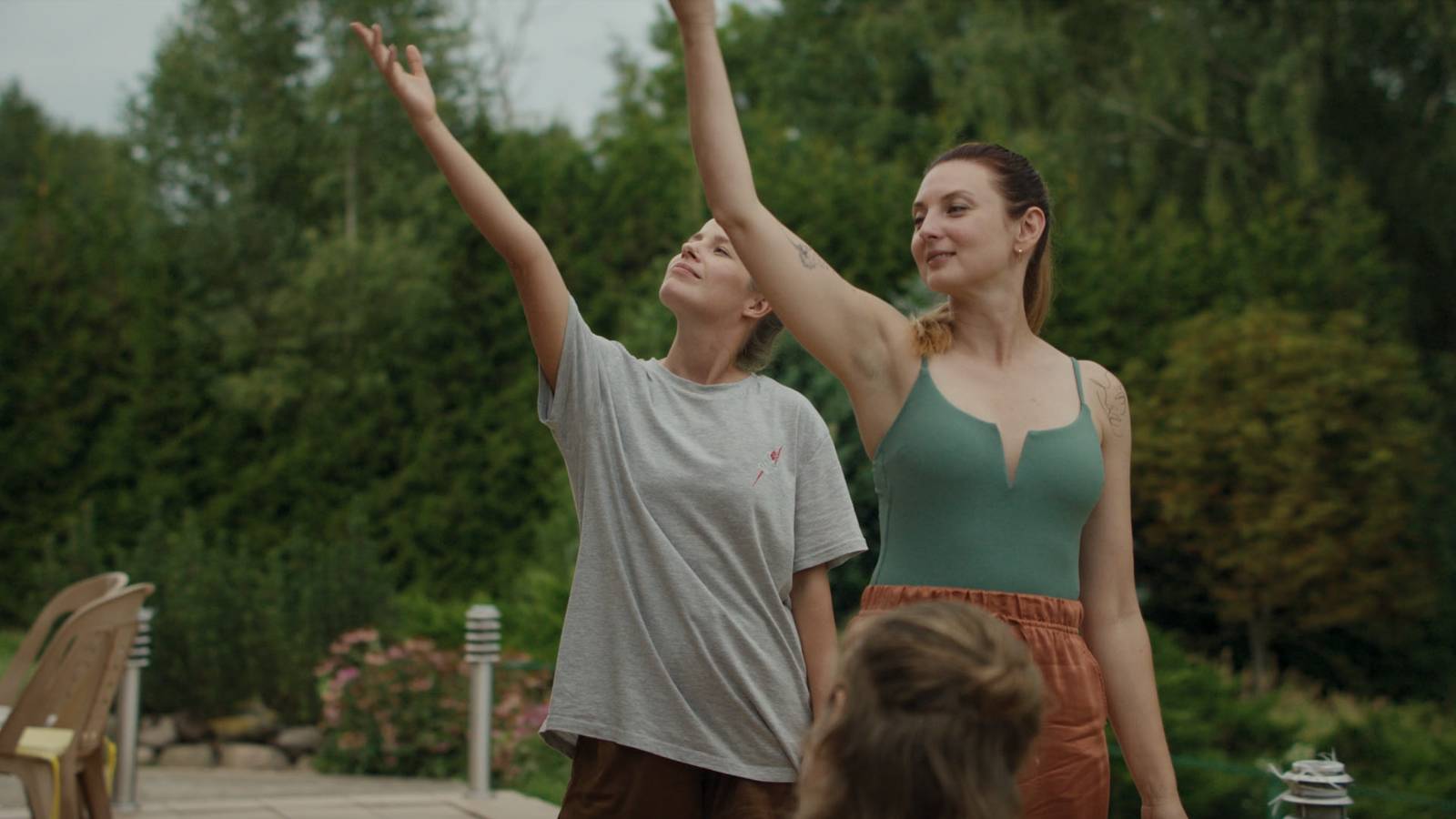




![‘Superman’ Sneak Features Feisty Krypto And Super Robots [CinemaCon]](https://cdn.theplaylist.net/wp-content/uploads/2025/04/01222722/SupermanFlyingArtic.jpg)
![David Fincher To Direct Brad Pitt In ‘Once Upon A Time In Hollywood’ Sequel Written By Quentin Tarantino [Exclusive]](https://cdn.theplaylist.net/wp-content/uploads/2025/03/31164409/David-Fincher-To-Direct-Brad-Pitt-In-%E2%80%98Once-Upon-A-Time-In-Hollywood-Sequel-Written-By-Quentin-Tarantino-Exclusive.jpg)






































